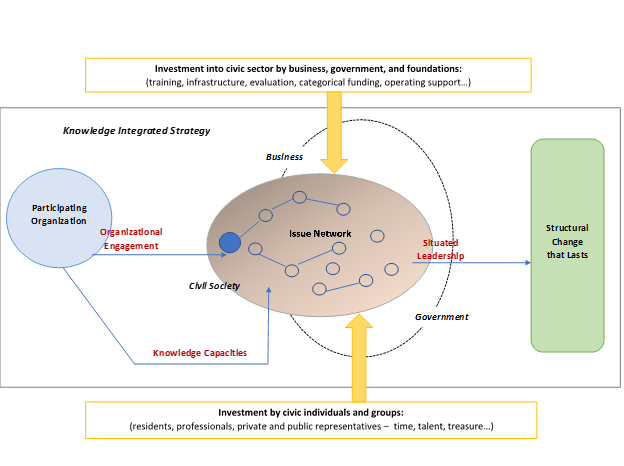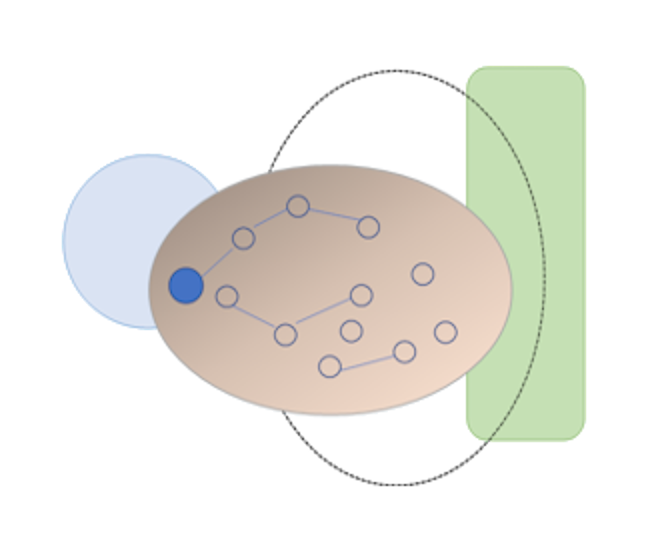Fast-paced; Information and technology rich; Institutional lite; High stakes; Quick mobilization; Decentralized voice and action; Multi-tasked to the max. Whether we are millennials by generation or not, this is our contemporary context. This is where civic sector leaders live. This is also where equity and change approaches often die amidst what feels like strategy overload – the constant flow of “new” ideas, packaged models, and ready-made techniques.
Colleagues often ask me why I say knowledge instead of learning. In this article, I discuss the difference and share why knowledge is actually the key element in addressing structural inequity. If we truly want to affect the trends of inequity, we need to do more, and do it more deeply, than we ever have before. This knowledge integration frame with three knowledge targets can help increase the value of change investments.
Read more: kd2change – why knowledge matters to equity


